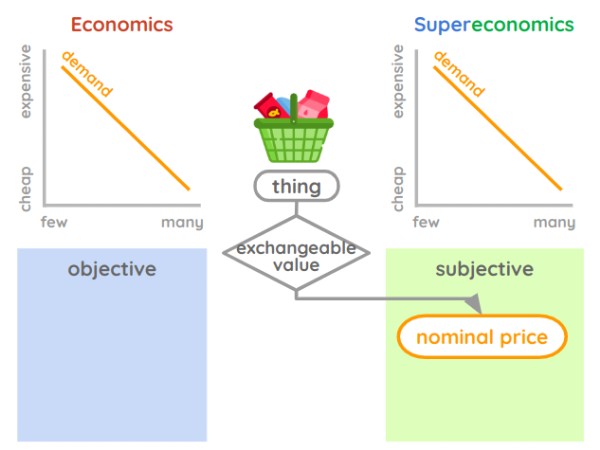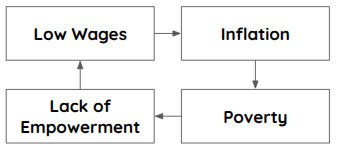Gross National Happiness as Alternative to GDP
Table of Contents
The replacement of utility with life will likewise shift the emphasis from the production of utility, as Gross Domestic Product (GDP), into the happiness of life. The Gross National Happiness Centre in Bhutan classifies this happiness into 9 domains which we can integrate into our minimum needs model:
- Living Standards
- Health and Education
- Environment
- Community
- Vitality
- Time Use
- Mental Health
- Culture
- Good Governance

Good governance is on the top, while living standards is at the bottom, matching the physiological needs from Maslow’s hierarchy. This is because the policies of the government can make or break the economy, and along with it the happiness of society.
This is easily seen in the difference between North and South Korea. Good governance is aethereal in nature, as wisdom with dynamism (this is why we call ambitious people as aether-dominated). This, as well as the top 6 domains, cannot be measured objectively or in material output. Rather they are known through abstract aethereal feelings, as subjective opinion. This is why a national survey is the key tool of the GNH.
GDP is replaced by Net Domestic Product (NDP) which is GDP without the financial system, measured through the grain index. This is because banking, finance, and insurance do not contribute to real goods or services, but are just enablers. NDP is included in “Living Standards”.
The Downward-Sloping Demand Curve
The previous chapter mentioned the Value of Rarity which says that rare items have higher nominal value than common ones. This can be plotted as the downward-sloping demand curve that is used by both Economics and Supereconomics. As this is already well-known in Economics, we do not need to explain it here.

Violations of the First Law
The violations of the first law lead to the following economic problems that usually involve consumers:
- personal and national budget deficits and the poverty cycle
- gambling and speculation
- counterfeiting and product adulteration
The most common is the poverty cycle which arises from high personal demand not matching one’s productive capacity. People with weak self-control and discipline of body and mind develop too many desires and cravings that might plunge them into debt when they spend more than their means.
This often creates a debt trap and a poverty cycle which is very common among the poor i.e. a person’s lack of self-control makes him poor.
This has 4 phases:
- The worker gets low wages
- Inflation or the lack of discipline makes him spend more than he earns
- Poverty results from the mismatch between revenue and expense
- The lack of empowerment prevents him raising his revenue

“Capitals are increased by parsimony and decreased by prodigality and misconduct.. The prodigal encroaches on his capital by not confining his expence within his income.. If the prodigality of some was not compensated by the frugality of others, the country would soon be impoverished.”
Adam Smith
The Wealth of Nations, Book 2, Chapter 3